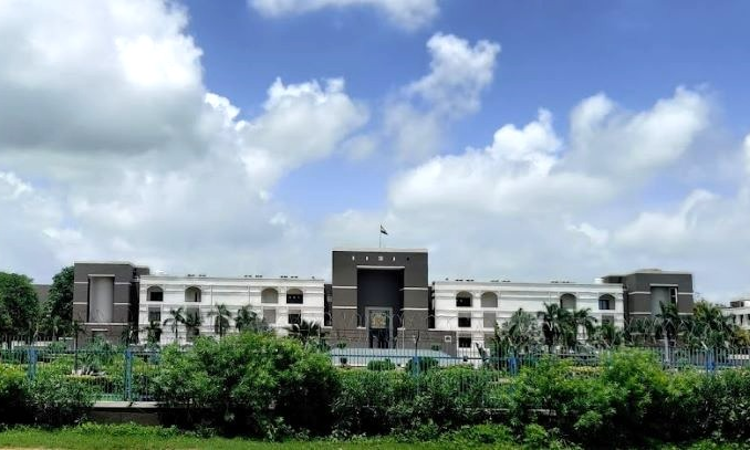Prima Facie Case, Balance Of Convenience, Irreparable Injury, Three Pillars Of Injunction Order: Gujarat High Court
PRIYANKA PREET
31 March 2022 3:51 PM IST

Next Story
31 March 2022 3:51 PM IST
"The object of the interlocutory injunction, it is stated is to protect the plaintiff against injury by violation of his rights for which he could not adequately be compensated in damages recoverable in the action if the uncertainty were resolved in his favour at the trial", the Gujarat High Court has opined. The Bench comprising Justice AP Thaker was considering an appeal under Order...
